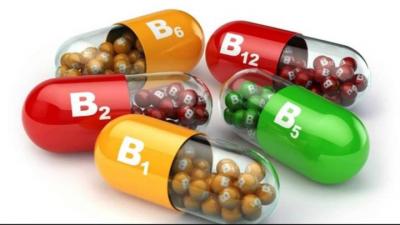Dr. Natalia Andrianova, a specialist in internal medicine and a consultant for Liposomal Vitamins, announced that the deficiency of certain vitamins adversely affects brain function. In an interview with Gazeta.Ru, the specialist pointed out that B vitamins, for example, are essential for supporting brain function. They contribute to energy metabolism, and without them, nerve cells can weaken and may eventually die. Additionally, their deficiency can promote the development of neurological disorders, memory impairment, and cognitive decline.
She added that a low level of vitamin B9 (folic acid) in the blood causes disruptions in brain functions and increases the risk of dementia. Supplements of this vitamin can improve brain function in individuals with psychological and mental disorders and can help slow the progression of Alzheimer's disease.
The specialist stated, "Excessive alcohol consumption can cause a deficiency in thiamine (vitamin B1), leading to cognitive disorders such as memory impairment." Furthermore, a deficiency in magnesium can cause anxiety, irritability, fatigue, decreased attention and memory, and headaches. It is important to note that magnesium is quickly depleted from the body during stress, making it vital, especially during periods of anxiety.
Additionally, ascorbic acid (vitamin C) reduces the effects of physical and mental strain, improves blood circulation in the brain, enhances oxygen supply to tissues, and strengthens the membranes of capillaries and nerve cells. This vitamin also stimulates the absorption of B vitamins. Anxiety and stress can lead to a decrease in the concentration of this vitamin in the body.
Moreover, she pointed out that iron supports many important body functions, affecting vitality, concentration, the digestive system, the immune system, and temperature regulation. However, iron can negatively impact the digestive system, so it is better to consume it with fats.
The proper functioning of the brain requires coenzyme Q10, which provides energy to the brain. Tocopherol (vitamin E) is an antioxidant that strengthens short-term memory and helps alleviate mood swings and aids in the absorption and recall of new information. Its role is to protect nerve tissues from the harmful effects of free radicals, which are toxic to cells.
She explained that lecithin (phospholipid) is crucial for the growth of children's brains, their normal functions, and memory enhancement. It influences cell membranes, thereby improving the beneficial effects of vitamins that are essential for the body.




